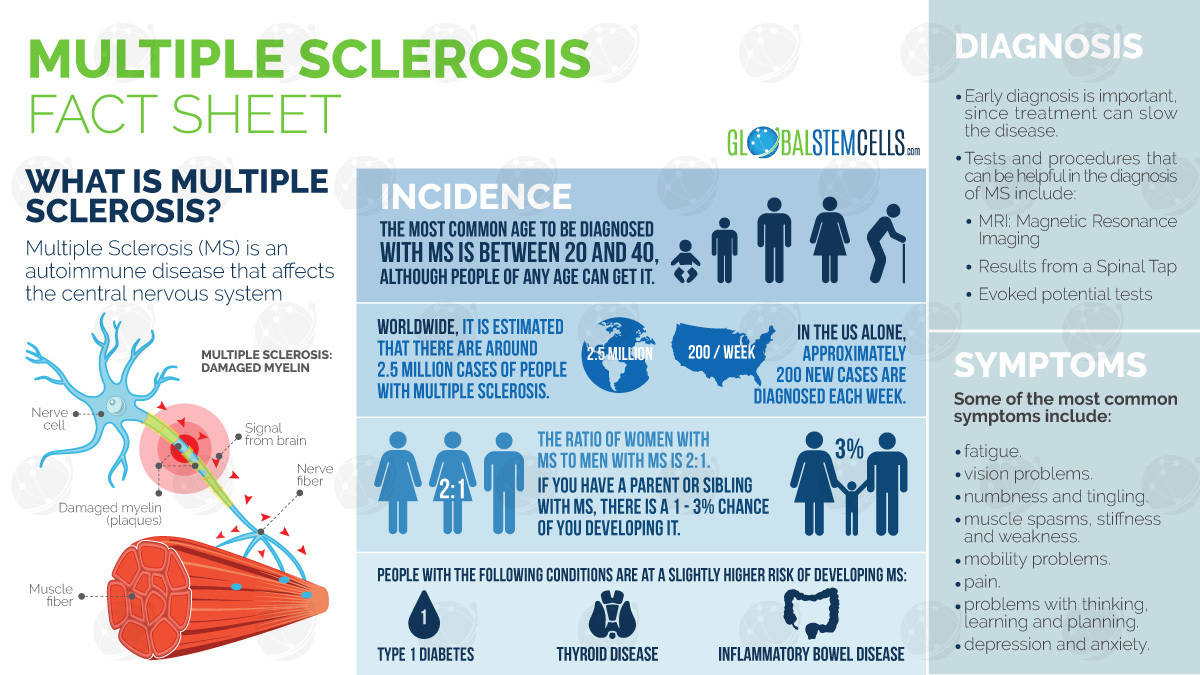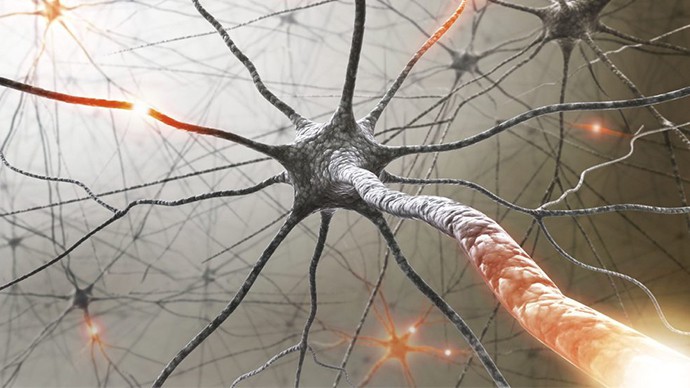Multiple Sclerosis (MS) is a central nervous system disease. It interferes with nerve impulses within the brain, spinal cord and optic nerves. The disease damages the myelin sheath, the material that surrounds and protects your nerve cells.
Although the cause of the illness is currently largely unknown, researchers are now finding that it could have its genesis in the gut.
New Multiple Sclerosis Research
Recent work presented at the MS Boston 2014 Meeting indicated how this could be. One study presented at the conference, out of Brigham and Women’s Hospital (BWH), reported a single-celled organism called methanobrevibacteriaceae that activates the immune system is enriched in the gastrointestinal tracts of MS patients whereas bacteria that suppress immune activity are depleted.
Other work, which resulted from a collaboration among 10 academic research centres across the U.S. and Canada, reported significantly altered gut flora in pediatric MS patients while a group of Japanese researchers found that yeast consumption reduced the chances of mice developing an MS-like disease by altering gut flora.
There’s also a microbiome theory which is gaining so much steam in academia that a coalition of four U.S. research centres called the MS Microbiome Consortium recently formed to investigate the role of gut microorganisms in the disease. The group presented data in Boston showing significantly different gastrointestinal bacterial populations in patients treated with the MS drug glatiramer acetate compared with untreated subjects. How exactly the drug suppresses MS activity is unknown but the findings suggest that perhaps it works in part by altering gut flora and, as a result, suppressing abnormal immune activity.
MS is characterised by “sclerosis” — a Greek word meaning “scars”. These scars occur within the central nervous system and depending on where they develop, manifest into various symptoms.
What is Multiple Sclerosis?
Multiple Sclerosis is one of the most common diseases of the central nervous system with more than two million diagnosed worldwide. There is currently no known cure for the disease, however there are several treatment options, including the use of stem cells, that help in managing the disease.

Dietary and probiotic approaches to treating MS are worth pursuing, as is a less palatable approach: fecal transplantation, noted Ilana Katz Sand, an assistant professor of neurology at Mount Sinai Medical Center in New York City and member of the MS Microbiome Consortium. However, answers in science and medicine are rarely simple, she added, pointing out that in all likelihood MS arises from a complicated confluence of genetic and environmental influences that might ultimately trigger autoimmune activity. Beyond just our gut flora well over 100 genetic variants—many related to immune function—are now known to contribute to the disease as are external factors including vitamin D deficiency (MS is more common at higher latitudes), smoking and increased salt intake.
The symptoms exhibited with having MS include: visual disturbances; sensations such as numbness, prickling, or “pins and needles”; muscle weakness; thinking and memory problems and trouble with coordination and balance. Our Multiple Sclerosis Symptoms Checklist provides even more detail.
Knowing the sole cause of an illness is undoubtedly the first step in knowing how to treat it sufficiently; and that’s the case with MS. The more medical teams and researchers constantly work to find answers to what exactly causes the illness, the more hope there is for patients and their loved ones.
If you would like to know more information about current stem cell treatments for Multiple Sclerosis, please contact us.
H/T: Scientific American




 English
English